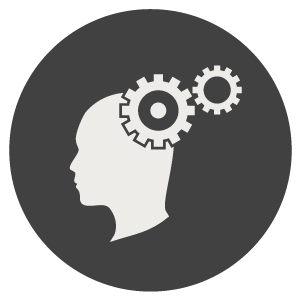3 Ways To Recharge
We all take breaks, they are either effective or they are not.
With our eyes glued to the screen for an unprecedented amount of time per day, rapid change and uncertainty for the foreseeable future, the ability to recharge is more important than ever for both our mental health and performance.
We all take breaks – they are either effective or not, and conscious or not. To make them effective, make them deliberate and choose your activity wisely.
There is a common belief that taking a break will impact your ability to ‘get things done’ or guilt to step away from work. This has been programmed into us with the value of long working hours and stepping away from work deemed a faux pas.
Science contradicts these notions. In fact, after reviewing all the studies done examining breaks that office workers take during working hours, all breaks were either neutral or positively impacted both productivity and mental wellbeing. There was one exception: social media breaks had a negative impact on both productivity and mental wellbeing.
What is most effective, if possible, GET OFF A SCREEN. If nothing else, give yourself numerous short breaks during the day away from screens.
3 Effective Ways to Recharge
Effective microbreaks, and really the daily prescription for a healthy brain (especially in a zoom world) is as follows:
Connect with Yourself
Turn inwards and serve yourself.
Come to 5 senses over a cup of coffee
Try a breathing exercise such as box breathing
Get in some movement: yoga videos, run up and down the stairs, go for a walk
Play your favourite game
Journal or write
Connect with Nature
Being around nature has continuously shown to reduce stress, even just the sound of nature of having a view of nature. If possible:
Take a walk outside
Unplug from your electronic devices
Have picnic lunch
Sit on the patio
Interact with a pet
Get a plant(s)
Connect with Others
We have an innate need to connect with others. It is the behaviour most strongly linked to both physical and mental health.
Schedule in “Thank you” Thursdays: write a message of gratitude to someone in your network
Connect with new work colleagues for virtual coffee
Reach out to a friend
Volunteer
NOTE: A must to experience recovery is knowing how to manage your attention and be present in the activity you are doing. If you are taking a work call in nature, while it certainly can help, you are not getting a full recovery. The speed at which you will start to recharge is dependent on how quickly you can immerse yourself in the activity.















